Disease riddled pigeons pose health risks in Sydney
Neighbours are desperate for help as a “selfish” man attracts hundreds of pigeons to their street every day.
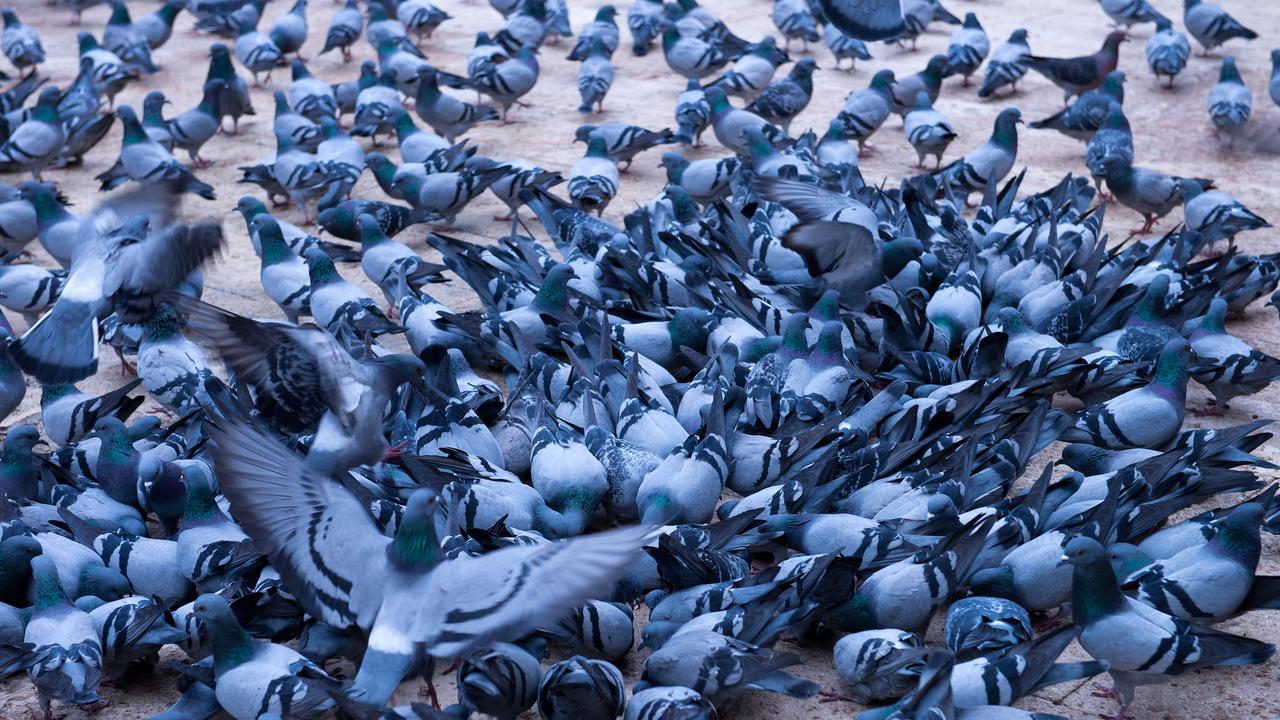
Welcome to Sisters In Law, news.com.au’s weekly column solving all of your legal problems. This week, our resident lawyers and real-life sisters Alison and Jillian Barrett from Maurice Blackburn advise on how to deal with a pigeon-feeding neighbour.
QUESTION: Two years ago, my husband and I moved into our dream home in inner Sydney. We love the neighbourhood, except for one thing – we have a selfish neighbour who feeds pigeons on his garage roof every single morning.
It attracts hundreds and hundreds of birds at a time – and because we unfortunately have the nearest tree in the area, they congregate in the branches before and after feeding time. You can’t imagine the smell and the mess they make, and as I’m currently pregnant with our first child, I’m even more concerned than usual about the health risks.
We’ve asked our neighbour to stop but he doesn’t care at all. We’ve also complained to the City of Sydney Council, who said it’s not their problem. Is there anything at all we can do, or will we be forced to flee the area? – Alex, NSW
ANSWER: This is a tricky issue to tackle Alex and it can be unclear where to go for support.
Generally in Australia there are no clear laws that prevent people from feeding wild birds on private property, and this is the case in NSW where you reside.
Governments, local councils and wildlife groups do however discourage people from feeding birds.
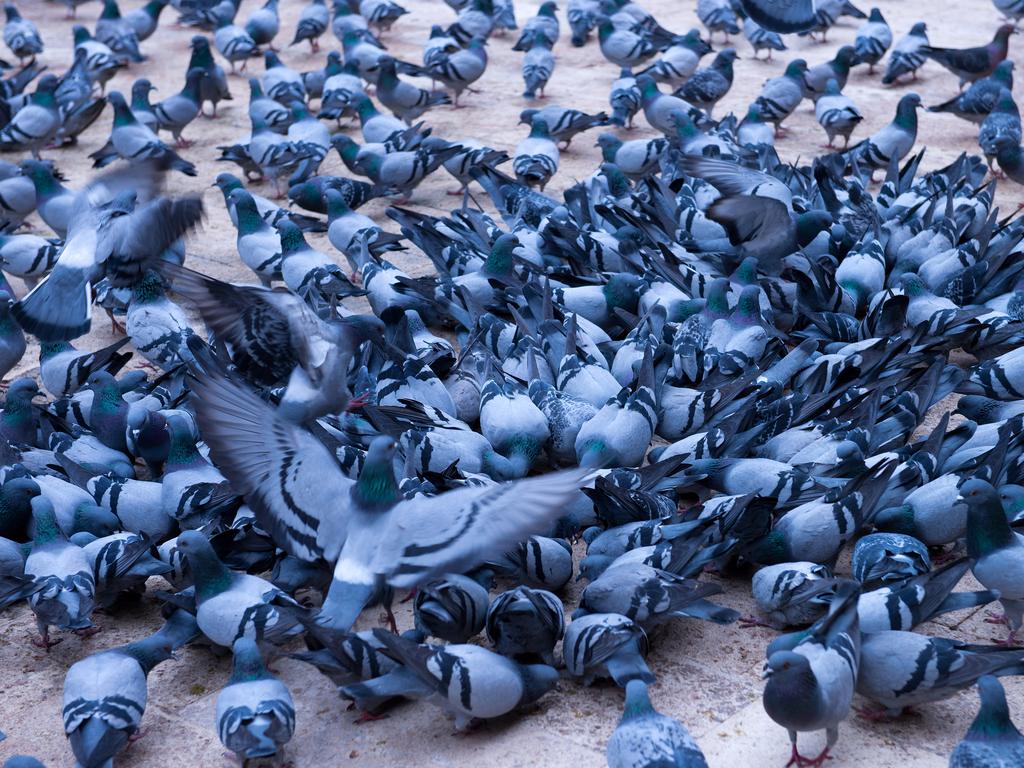
A landowner or occupier is ultimately responsible for the wildlife and birds on their land and should avoid feeding birds in a way that causes them to become a nuisance or threaten health and safety.
You have done the right thing by approaching your neighbour directly.
Given this has not resolved the problem, you should contact a local community justice centre, which is a free service that will help facilitate a mediation between you and your neighbour.
This is often a good option before engaging in what could be an expensive and long legal process.
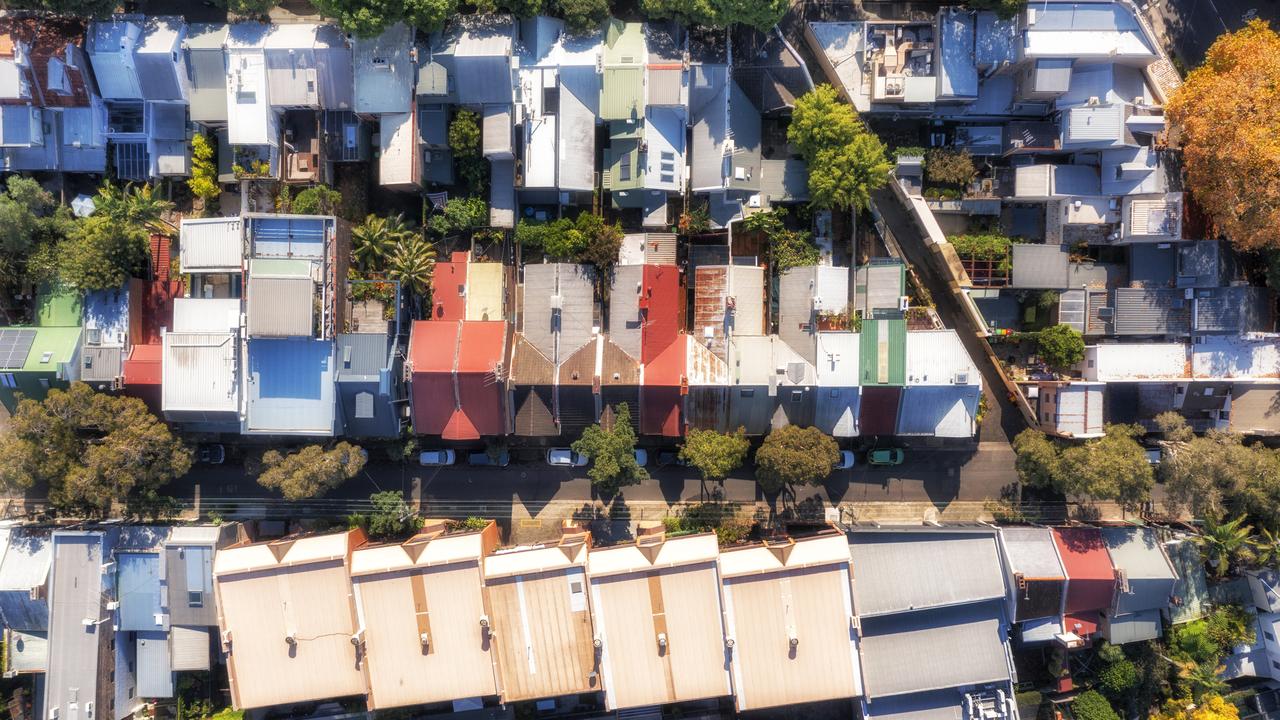
Daily log
We suggest you approach the City of Sydney council again if you have serious concerns about your health and/or the noise issues.
However, given you have not had support from the council to date, before you contact them we’d recommend you start documenting the issues you are having by way of a daily diary, photographs and video evidence.
Getting written statements from other neighbours who are affected will also be useful.
Council should investigate and take action if there are genuine concerns about health and safety.
Local council
The City of Sydney, like most local councils, will investigate noise complaints. However, they do require you to keep a detailed noise diary for 10 days before making a complaint.
Councils have the ability to issue a variety of notices on residents, which would ultimately require them to control offensive or excessive noise – and to comply, your neighbour may need to cease feeding the birds.
Council also has discretionary powers to issue orders and notices to residents if they can identify that their behaviour and the way they are living is a threat to public health and safety.
They won’t become involved if there is no threat to public health and safety.
Fines can be imposed if any orders issued are not adhered to.
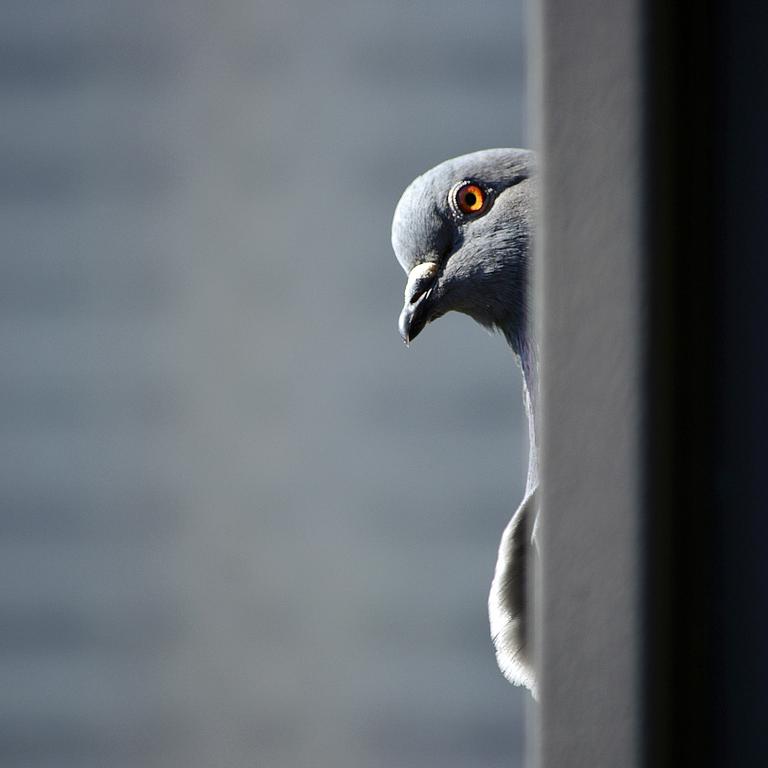
Contact NPWS
You can also contact your local National Parks and Wildlife Service office, which will likely be concerned if there are risks to health and safety (to people or the birds) because of the feeding.
They should be able to give you some advice on how to tackle the problem and may be willing to speak to your neighbour about the issue.
Civil action
Finally, if the bird feeding ultimately causes damage to your property or your health, you may also have a civil action you can bring against your neighbour.
For example, leftover food could attract mice and rats, which can cause damage to your property and spread disease.
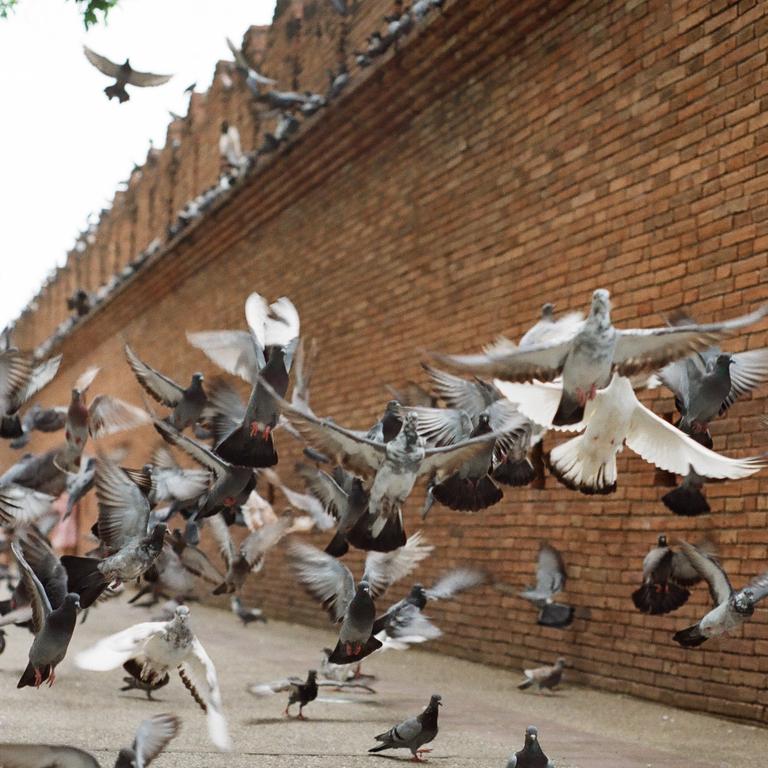
Bird droppings can also spread germs and some birds (like cockatoos for example) can cause damage to outdoor furniture and decking.
The noise of the birds may also be affecting your right to the quiet enjoyment of your property.
This private action would be a nuisance action and you’d need to show that the damage or impact is caused by a ‘substantial and unreasonable interference’ with your right to enjoy your land.
We would hope that this legal action is a last resort as you would likely need to retain a lawyer to obtain specific advice about your situation.
Regardless of which path you choose to take, you will need evidence and likely support from neighbours so you should start collating this as soon as possible.
This legal information is general in nature and should not be regarded as specific legal advice or relied upon. Persons requiring particular legal advice should consult a solicitor.
If you have a legal question you would like Alison and Jillian to answer, please email stories@news.com.au. Get more from Alison and Jillian on their Facebook page





